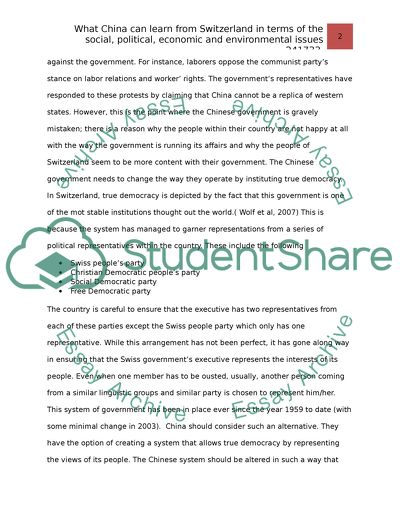Cite this document
(“What China Can Learn from Switzerland Thesis Example | Topics and Well Written Essays - 3000 words”, n.d.)
What China Can Learn from Switzerland Thesis Example | Topics and Well Written Essays - 3000 words. Retrieved from https://studentshare.org/history/1548307-what-china-can-learn-from-switzerland
What China Can Learn from Switzerland Thesis Example | Topics and Well Written Essays - 3000 words. Retrieved from https://studentshare.org/history/1548307-what-china-can-learn-from-switzerland
(What China Can Learn from Switzerland Thesis Example | Topics and Well Written Essays - 3000 Words)
What China Can Learn from Switzerland Thesis Example | Topics and Well Written Essays - 3000 Words. https://studentshare.org/history/1548307-what-china-can-learn-from-switzerland.
What China Can Learn from Switzerland Thesis Example | Topics and Well Written Essays - 3000 Words. https://studentshare.org/history/1548307-what-china-can-learn-from-switzerland.
“What China Can Learn from Switzerland Thesis Example | Topics and Well Written Essays - 3000 Words”, n.d. https://studentshare.org/history/1548307-what-china-can-learn-from-switzerland.


